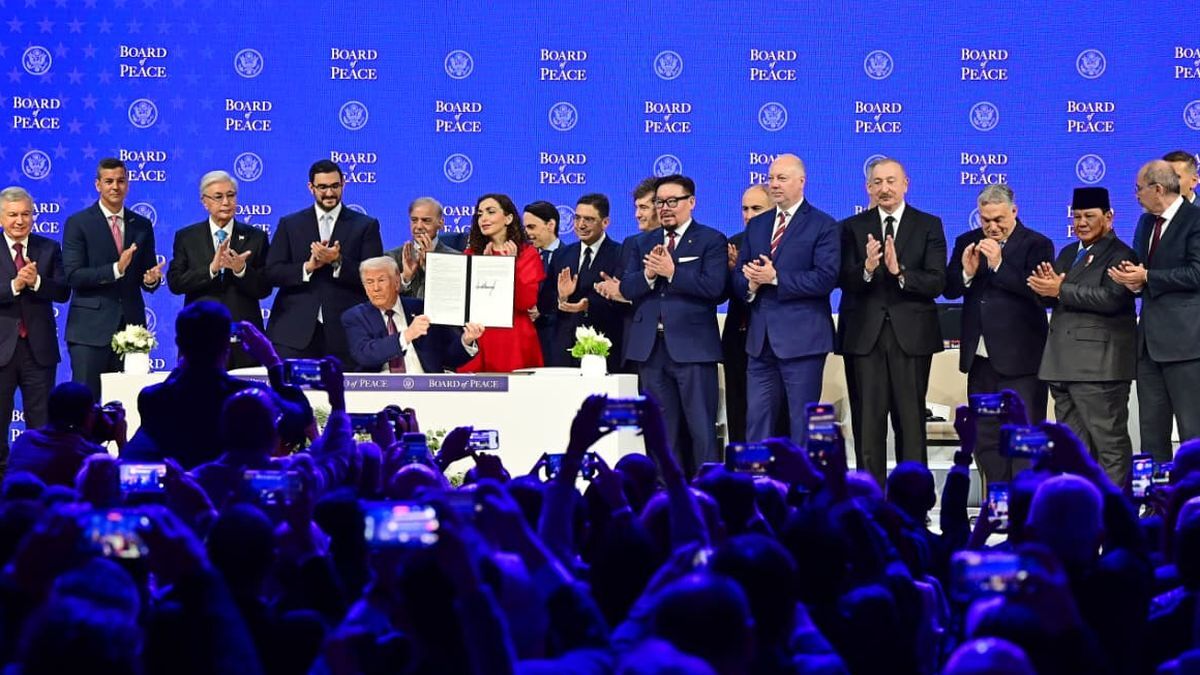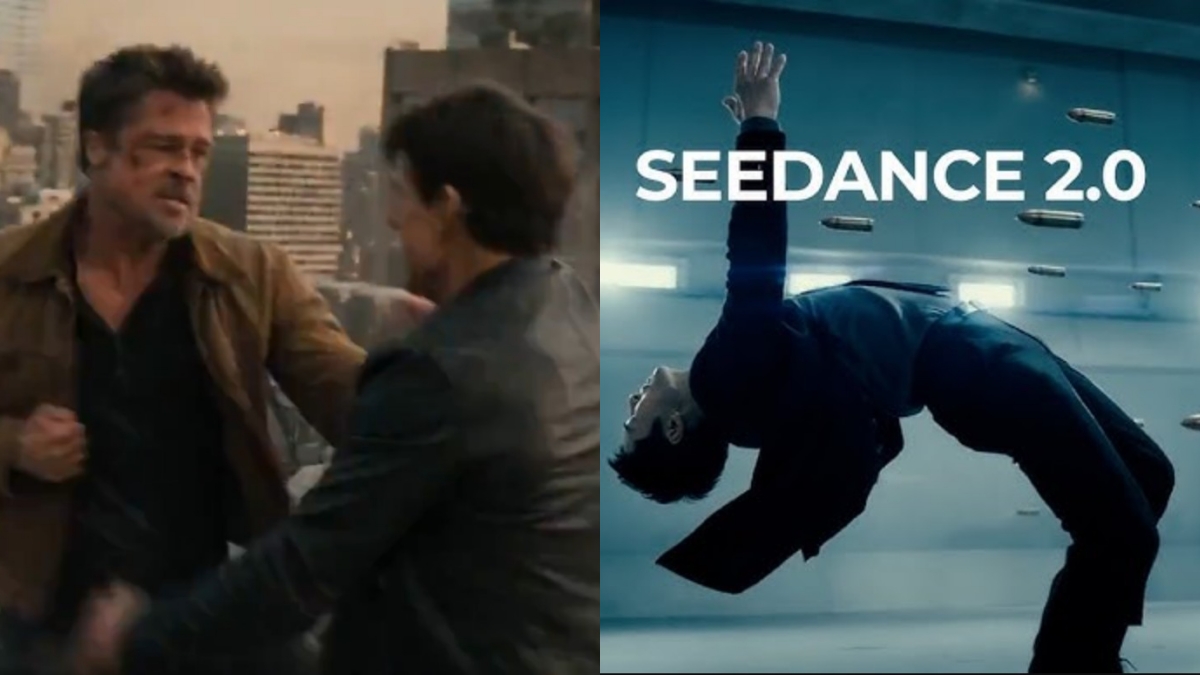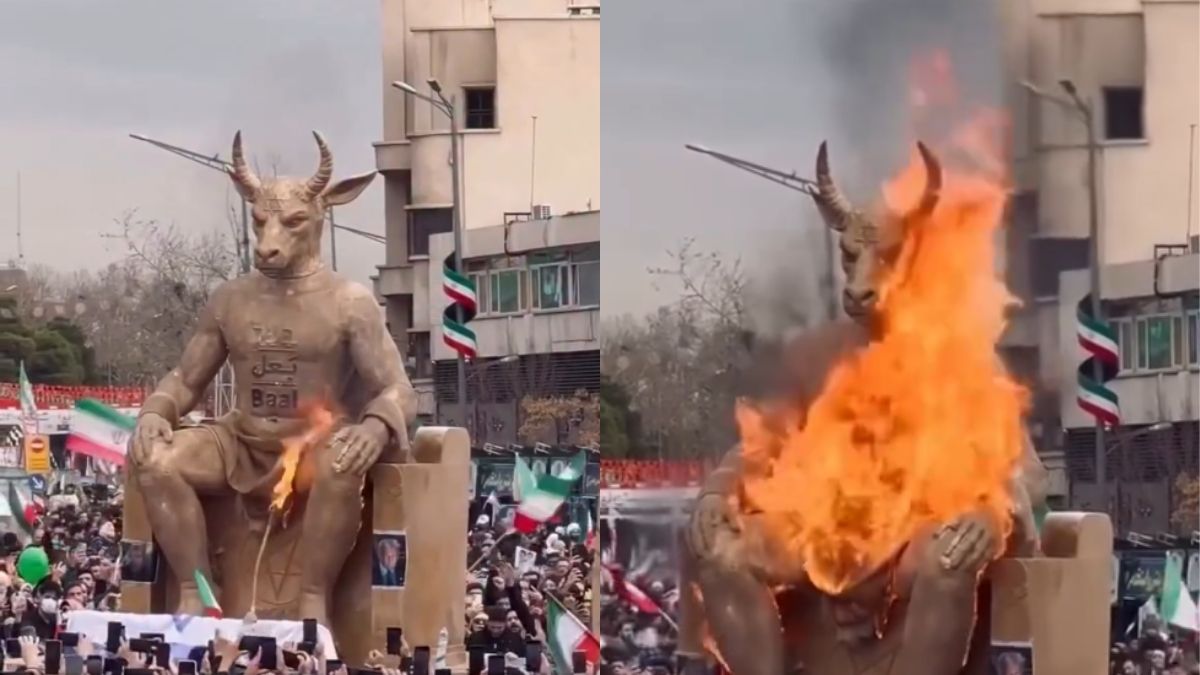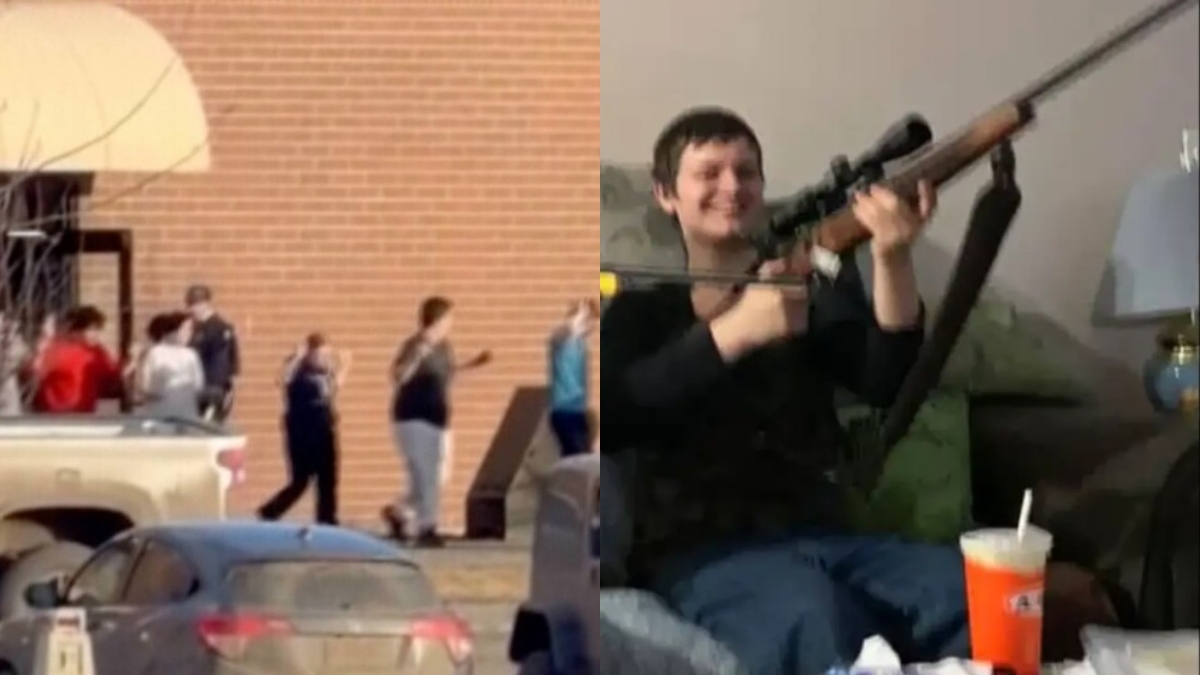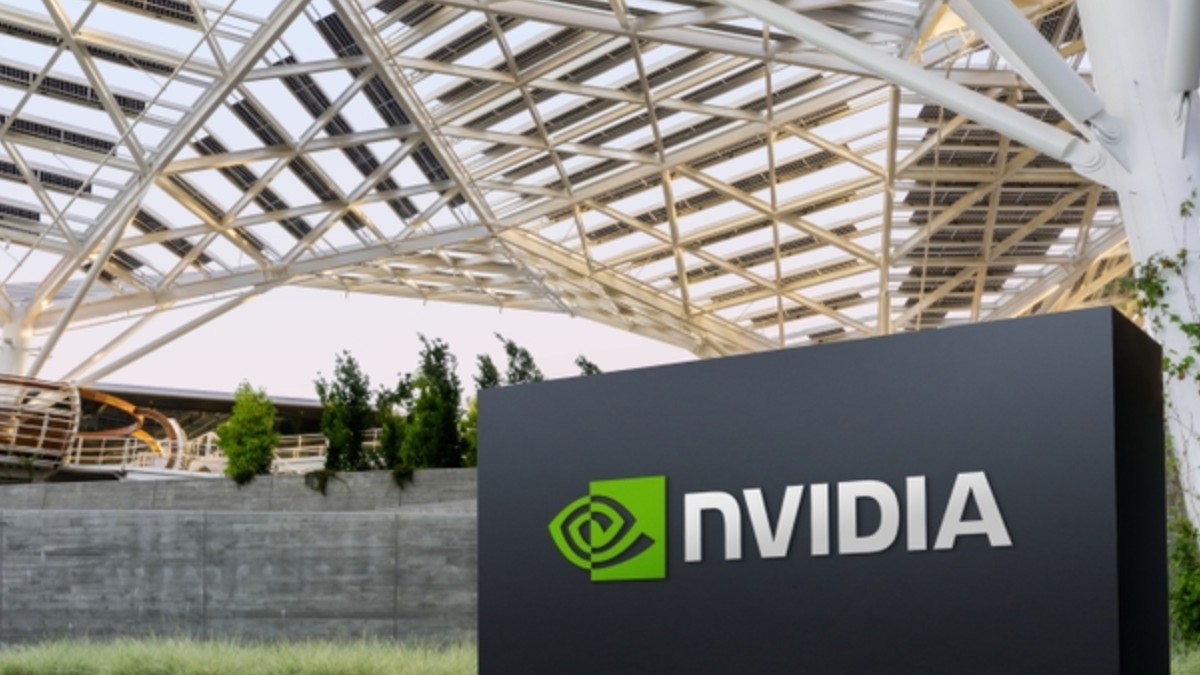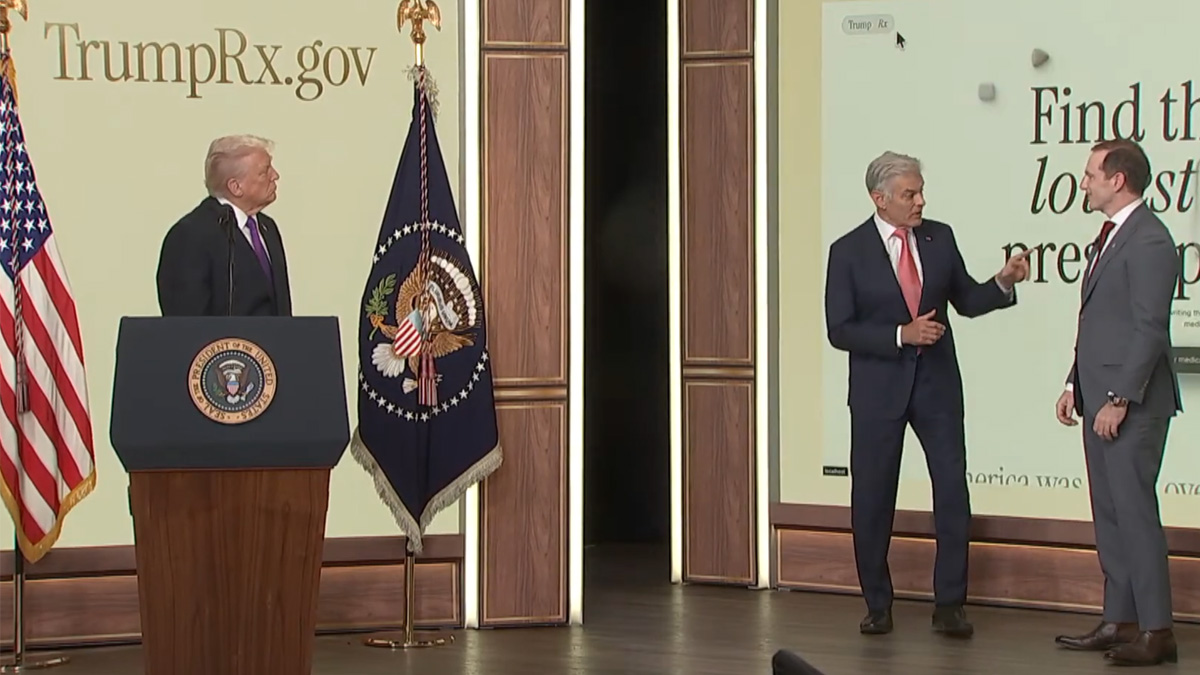France recognises State of Palestine, calls for UN stabilisation force in postwar Gaza
France has formally recognised the State of Palestine and proposed a United Nations-mandated stabilisation force for Gaza. The move, announced by President Emmanuel Macron, drew praise from the Palestinian Authority but strong criticism from Israel and the United States.
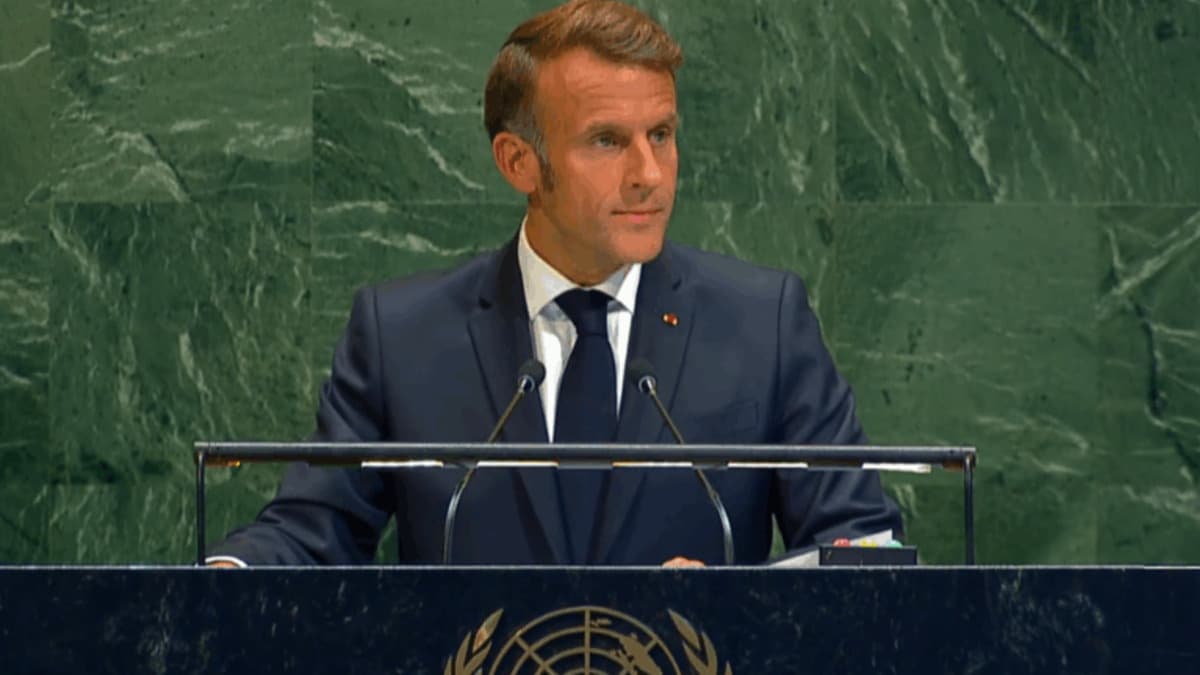
- France formally recognises the State of Palestine and proposes a UN-led stabilisation mission in Gaza.
- The move, welcomed by the Palestinian Authority, follows similar recognitions by several Western and European states.
- Israel and the US reject the decision, warning it could destabilise the region and undermine peace efforts.
France has formally recognised the State of Palestine, marking a major diplomatic shift that places Paris at the forefront of renewed global efforts to resolve the Israel–Palestine conflict. President Emmanuel Macron announced the decision during a special summit at the United Nations General Assembly in New York on 23 September 2025.
“The time has come to end the war in Gaza, the massacres and the death,” Macron declared in his address. “The time has come to do justice for the Palestinian people and thus to recognise the State of Palestine in Gaza, the West Bank and Jerusalem.”
The statement drew standing ovations at the assembly and was hailed by Palestinian Authority (PA) officials as a “historic and courageous moment.” However, the summit was boycotted by United States officials and sharply condemned by Israeli representatives.
Macron also unveiled a proposal for a United Nations-mandated international stabilisation force to operate in Gaza after the war. The initiative aims to secure the territory, oversee disarmament, and support the re-establishment of civil governance under the PA.
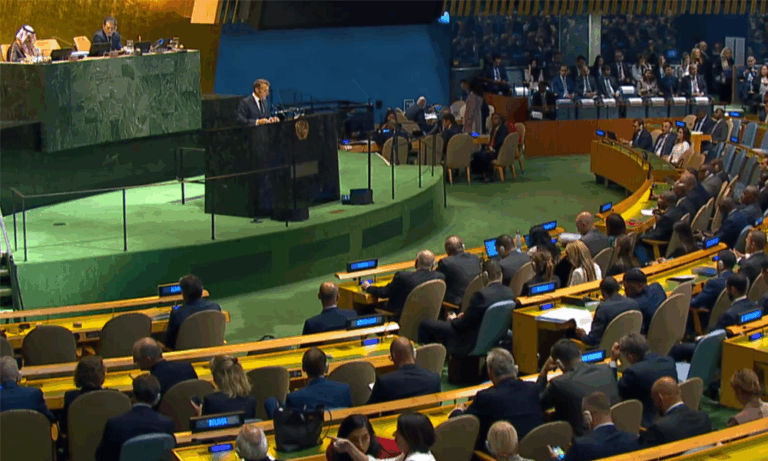
France’s recognition follows a coordinated series of announcements from the United Kingdom, Canada, Australia and Portugal on 22 September. By the following day, Belgium, Luxembourg, Malta, Monaco, Andorra and San Marino had joined the growing list, bringing the number of UN member states recognising Palestine to more than 75% of the organisation.
Spain’s Prime Minister Pedro Sánchez said the coordinated recognitions marked a “turning point” but warned that further steps were needed. “This is only the beginning,” he stated, urging full UN membership for Palestine.
In the United Kingdom, Foreign Secretary Yvette Cooper said recognition was based on the 1949 armistice lines, known as the Green Line, while cautioning that Israeli settlement expansion continues to threaten the viability of a Palestinian state.
Germany signalled a softer position, with Foreign Minister Johann Wadephul noting: “A negotiated two-state solution is the path that can enable both Israelis and Palestinians to live in peace. However distant it may seem, such a process must now begin.”
Macron’s accompanying plan for Gaza calls for an international stabilisation force under UN mandate. French Foreign Minister Jean-Noël Barrot explained that the mission would “disavow Hamas” by excluding the group from all political and administrative roles in postwar Gaza. The proposal outlines disarmament measures, training a new PA-led police force, and establishing a transitional administration under international oversight.
Arab League nations have expressed broad support for this approach. The organisation reaffirmed that Hamas must relinquish control of Gaza to a reformed and internationally backed Palestinian Authority. In response, the PA said it was ready to assume governance over both Gaza and the West Bank with the assistance of global partners.
UN Secretary-General António Guterres welcomed France’s announcement and the wider wave of recognitions. He described Palestinian statehood as “a right, not a reward,” while condemning both Hamas’s 7 October 2023 attacks and Israel’s military operations in Gaza. “Nothing can justify the collective punishment of the Palestinian people,” Guterres stated.
European Commission President Ursula von der Leyen also announced the creation of a new “Palestine Donor Group” to coordinate reconstruction funding and humanitarian assistance in Gaza. “We must all do more,” she told the General Assembly, underscoring the European Union’s support for a two-state solution.
Israel, however, reacted with sharp criticism. Its UN ambassador, Danny Danon, dismissed the summit as an “embarrassing political circus,” warning that the wave of recognitions could lead to reciprocal steps such as annexation of the West Bank.
Prime Minister Benjamin Netanyahu reiterated his long-standing rejection of a Palestinian state west of the River Jordan, while President Isaac Herzog said the recognitions “embolden the forces of darkness.”
Israel has continued its offensive in Gaza City, with the military claiming that some 3,000 Hamas fighters are operating within civilian infrastructure. Reports from 23 September indicated that at least 37 Palestinians were killed across the territory that day, including 30 in Gaza City alone.
The United Nations confirmed a famine in Gaza in August, and humanitarian agencies have warned that conditions are worsening under sustained bombardment and blockades.
Meanwhile, the United States distanced itself from France’s initiative. President Donald Trump, who is scheduled to address the General Assembly on 24 September, did not attend the summit. A White House spokesperson said his forthcoming speech would criticise “globalist institutions” and assert that such bodies have “decayed the world order.”
Trump is expected to meet Arab and Muslim leaders, including representatives from Turkey, Egypt, Qatar, the UAE and Saudi Arabia, to discuss separate proposals for Gaza’s reconstruction and governance. However, he has not endorsed the PA’s participation in postwar governance and has recently imposed sanctions on several PA officials.
In a move widely seen as a diplomatic rebuke, Trump revoked Palestinian President Mahmoud Abbas’s visa, preventing him from attending the UN session in person. Abbas instead delivered remarks via video link, condemning both Hamas’s attacks and Israel’s military campaign. “We also condemn the killing and detention of civilians, including Hamas actions,” Abbas said, while urging Hamas to surrender its weapons to the PA.
Arab states have described Trump’s upcoming meetings as a crucial test of whether Washington will back a PA-led civilian administration in Gaza or pursue an alternative path. Some proposals — including one backed by former UK Prime Minister Tony Blair and Trump’s adviser Jared Kushner — have notably avoided endorsing the PA’s return to Gaza.
The UAE warned that any Israeli annexation of Palestinian territory would cross a “red line” and jeopardise the 2020 Abraham Accords, which normalised relations between Israel and several Arab states. Emirati officials cautioned that continued expansion or annexation efforts could unravel regional cooperation entirely.
US officials have privately told allies that the coordinated recognitions may trigger a major diplomatic crisis. Israel has already hinted at potential retaliatory measures, including new settlement authorisations and partial annexation in the West Bank. Israeli officials argue that international recognition of Palestine “rewards terrorism” by legitimising Hamas’s actions.
President Macron rejected that claim, asserting that France’s initiative explicitly excludes Hamas and empowers legitimate Palestinian institutions. “This recognition isolates Hamas and strengthens the forces of peace,” Macron said in a follow-up press conference.
The PA has reiterated its readiness to return to governance in Gaza under an internationally supervised framework. Barrot, France’s foreign minister, pointed to a seven-page declaration adopted earlier this month by the UN General Assembly that sets out “tangible, timebound and irreversible steps” toward a two-state resolution. The document calls for the disarmament of Hamas and the establishment of an internationally supported transitional authority.
France clarified that it will not open an embassy in Palestine until a ceasefire is achieved and all Israeli hostages are released. Macron emphasised that France’s recognition is a political act aimed at “peace through justice,” not a rejection of Israel’s security concerns.


